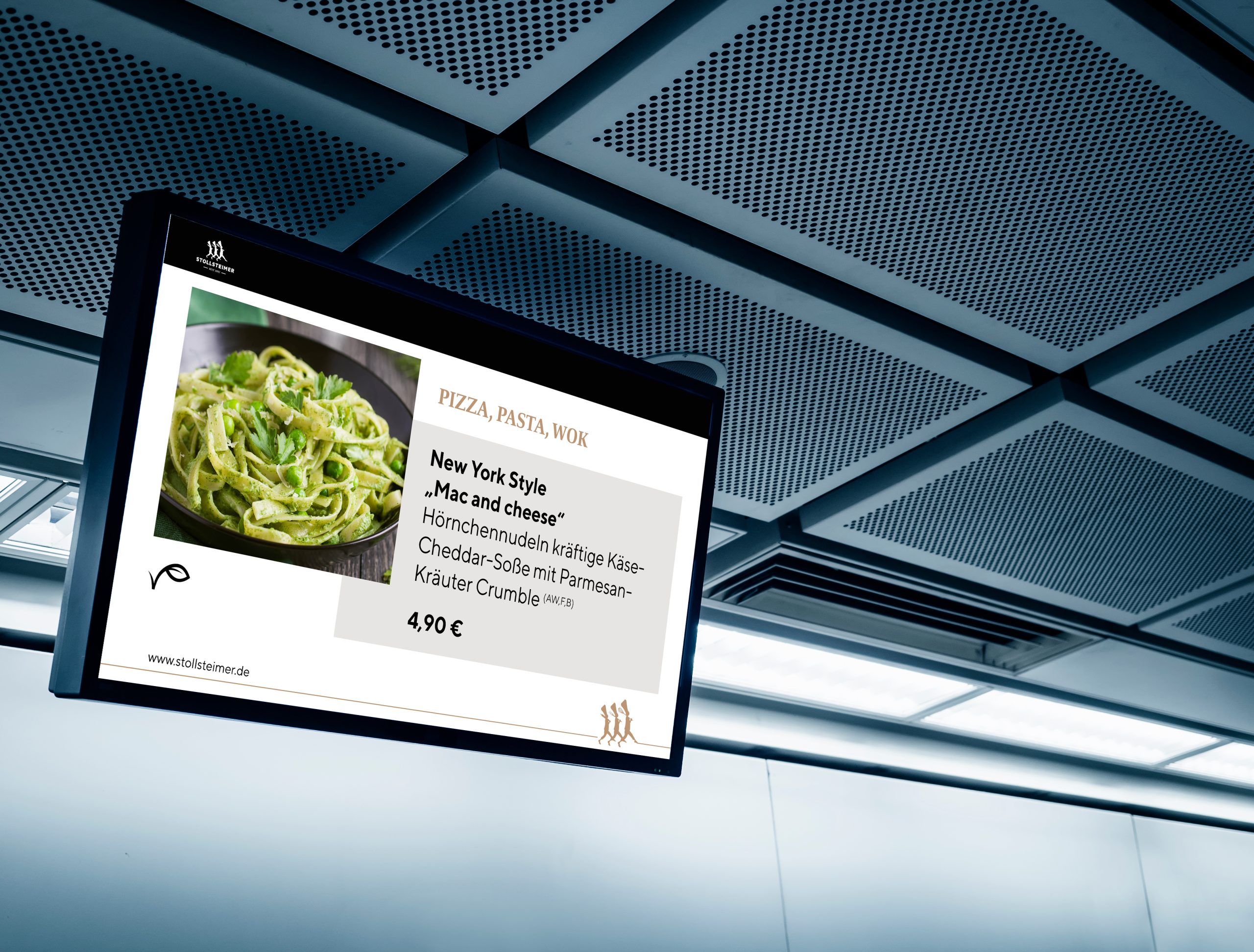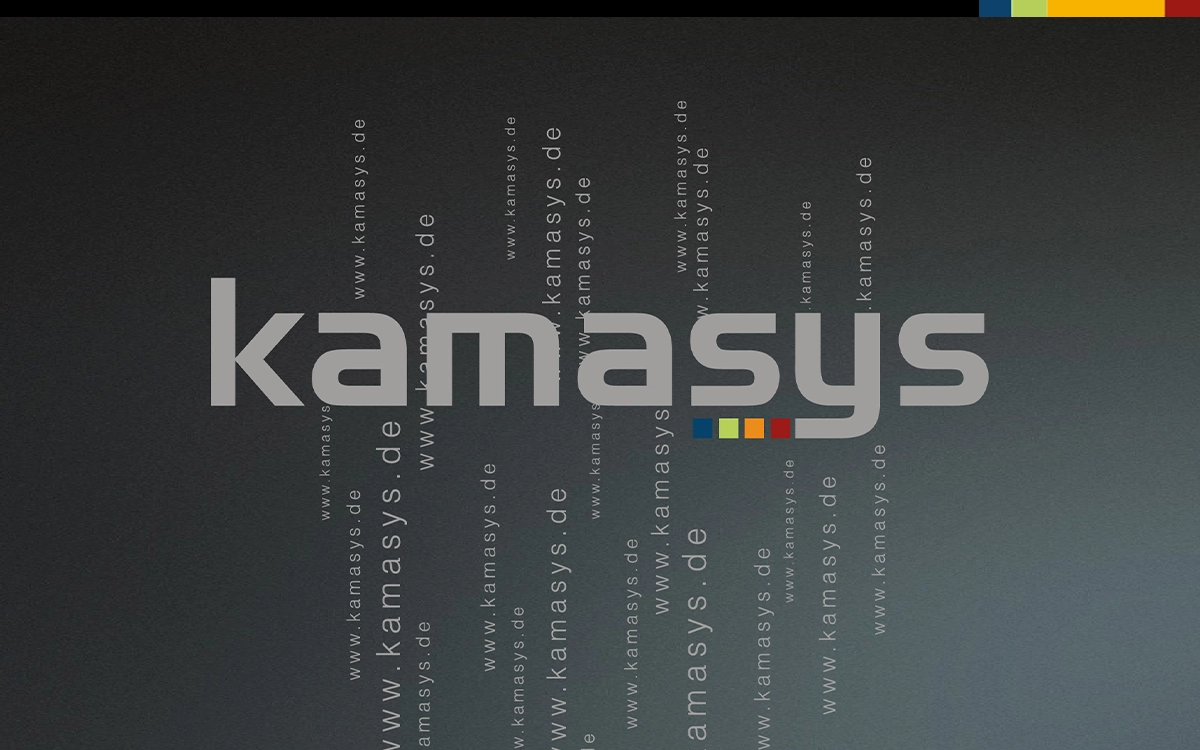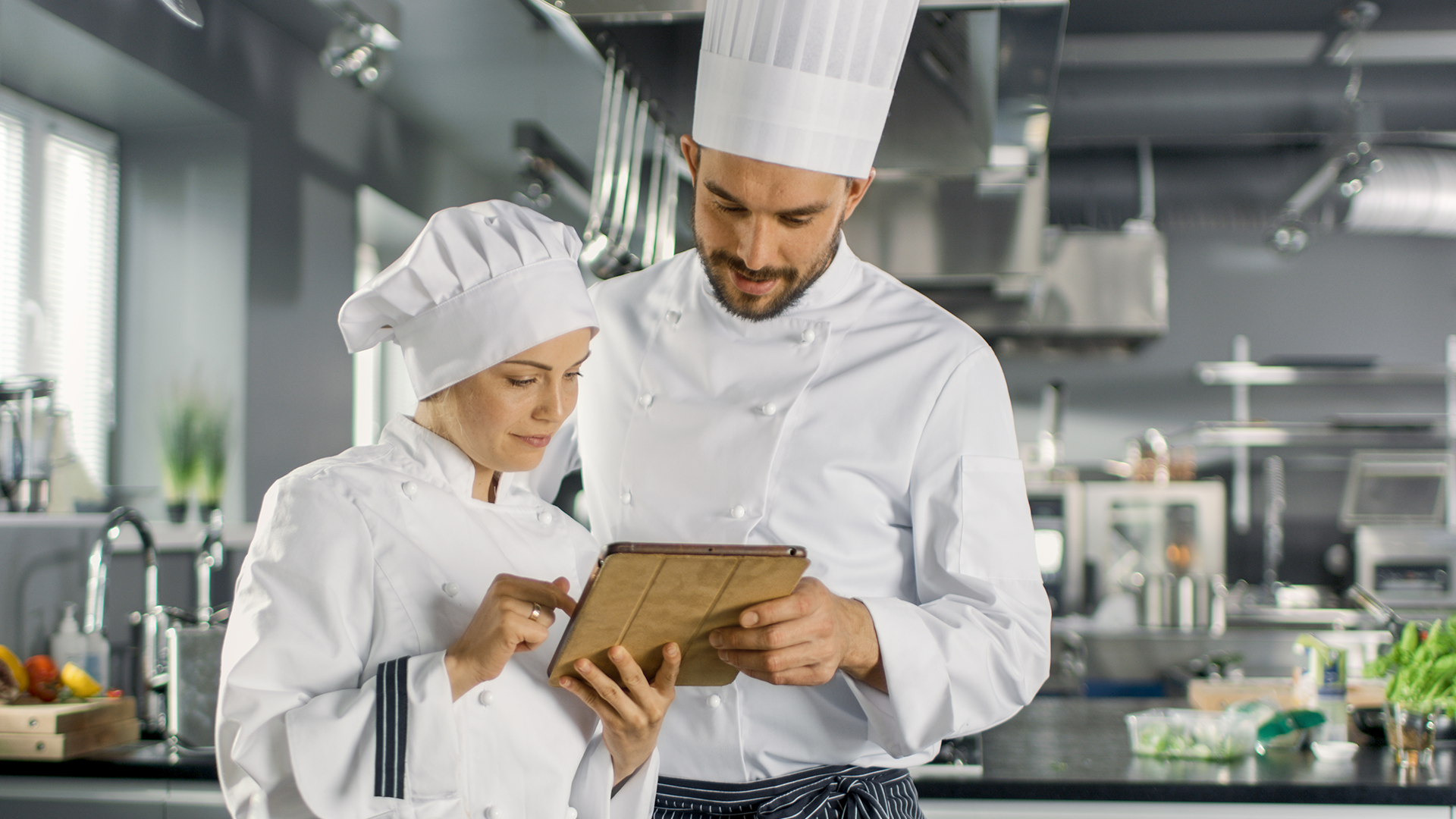In an ever-changing world where efficiency, precision and guest satisfaction are paramount, mass caterers must continuously optimize their processes. Digitalization is the key to meeting increasing demands and reducing costs at the same time.
The list of challenges is not getting any shorter - on the contrary. Digital solutions are therefore becoming a game changer: thanks to them, new processes can be established and efficiency significantly increased. This makes it easier for restaurateurs to survive in the market. Digital solutions are clearly a competitive advantage.
Challenges in company catering
The food service industry faces a number of challenges that need to be overcome. In addition to staff shortages, these include rising operating costs, complex work processes, regulatory requirements and high guest expectations.
Menus are planned - sometimes weeks in advance. The balancing act between high-quality food, low staffing levels and guest-friendly sales prices must always be found. The right calculation is becoming increasingly difficult with rising purchase prices and uncertain guest numbers.
Digital solutions to increase efficiency
Digital transformation offers various solutions for dealing with these challenges and increasing efficiency in the company restaurant.
- (Advance) orders via app: Guests can conveniently place and pay for (advance) orders regardless of time and place. This allows demand to be better planned. As payment is made at the time of ordering, the purchase is secure for the restaurateur.
- 24/7 catering: Vending machines, smart fridges, self-service stores and autonomous stores are used to maintain the catering offer for guests beyond the opening hours of the company restaurant. In this way, staff-related shorter opening hours can be cushioned and 24/7 catering can be offered.
- Self-service checkouts: Self-checkouts - for example using camera-supported checkouts - increase checkout throughput. The original checkout staff can be deployed elsewhere.
- Check-In: Guests pre-order their meal via the lunch app. A QR code is scanned when entering or taking a seat in the company restaurant. This informs the staff that the guest is present and preparation can begin. Once the meal is ready, the guest collects it from the counter or is served at their seat by the service staff or robot. The pre-orders ensure better planning and the check-in ensures that the food is freshly prepared for the guest - there is no need to queue separately to order and pay.
- AI-supported planning: AI is used to make precise predictions - based on data such as previous sales, weather, day of the week, trends, etc. - for forward-looking and more efficient planning.
- Service robots: Service robots relieve existing staff of the burden of carrying heavy dishes. This not only creates better working conditions, employees also have more time to focus on other tasks.
- Feedback functions: By collecting guest feedback, criticism or requests are quickly addressed - service quality and the guest experience improve continuously. Feedback can be collected quickly and easily via the Mittagstisch app, for example.
Best practice: Smart Serve - the canteen of the future
The "Smart Serve - the canteen of the future" concept is an extension of the check-in concept. In addition to app-based pre-ordering and QR-supported check-in, intelligent kitchen and service planning plays a key role: small, efficient kitchens save space and costs, and a carefully selected range of meals can be provided more quickly without compromising on quality.
If everything is perfectly coordinated, you get highly efficient units with an unbeatable staffing ratio: 6 employees can easily cater for up to 500 guests - and that just 3 minutes after entering the restaurant, including table service.
Conclusion: Digitalization increases competitiveness
There are numerous digital solutions in communal catering. Thanks to them, efficiency and profitability are increased. For example, by speeding up processes, reducing manual effort and planning more intelligently. At the same time, guest satisfaction can be increased. Digitalization gives restaurateurs the opportunity to work more economically and remain competitive in the future.


